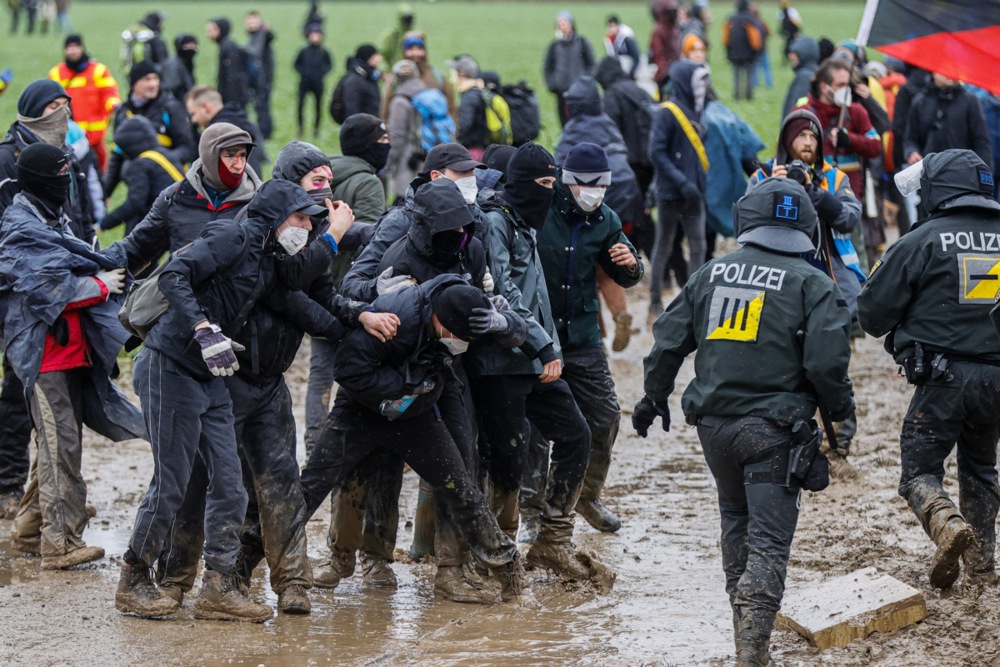Feelings of anger towards others over climate change seems to be one of the main drivers of climate activism, argues a new study.
The Strength and Content of Climate Anger, the study for the website Science Direct, asked around 2,000 randomly chosen people in Norway about their feelings regarding climate change, as well as their current activities in relation to it.
Researchers found a major correlation between how angry people felt about climate change and how likely they were to engage in climate activism.
Specifically, anger directed at others and at generally negative human properties, such as perceived ignorance and selfishness, was found to be effective predictors regarding whether someone was engaged in “green” campaigning or not.
“Anger seems to be particularly relevant for intending to participate in climate protests, something relatively few people report that they intend to do,” Dr Thea Gregersen, a climate psychologist at the Norwegian Research Centre and lead author of the study, told Brussels Signal.
“Since many point to politicians as responsible for the actions or inactions causing or failing to mitigate climate change, protesting can be a way of sending them a clear message about this.”
By contrast, how angry one felt towards others and mankind as a whole seemed not to correlate with how much a person was working to mitigate their own impact on the climate.
“Other emotions seem to be more relevant for trying to limit emissions in everyday life,” Gregersen noted, saying that such a finding “fits quite well with theories focusing on how different emotions can motivate different types of behaviours”.
The so-called Awareness Team of the German climate group, Last Generation, has gone on indefinite strike against the leadership of the organisation, demanding a “credible distancing from anti-Semitism”. https://t.co/trX6Zz3V5z
— Brussels Signal (@brusselssignal) August 18, 2023
The publication of the study comes as many parts of Europe experience an increasing number of climate protests.
Both Germany and the UK have seen the growth of particularly militant green movements in recent months, with Britain’s Just Stop Oil and Germany’s Last Generation both holding purposefully disruptive protests impacting public daily life.
The activities of these groups have polarised their respective societies, with even members of Germany’s Green party lashing out at the radicals as undermining support for climate action in the country.
“The activists … are massively damaging the issue of climate protection,” Robert Habeck, the nation’s green minister, has previously lamented.
“Anyone who really wants to campaign for climate protection must keep an eye on social acceptance,” he added. “That’s how we should approach climate protection.”
Even previous “climate darlings” of the political establishment have become increasingly more radical in recent months, with world-famous Swedish activist Greta Thunberg being convicted in court for failing to follow police instructions at one protest.
Although the sentence carried a maximum penalty of six months in prison, Thunberg was instead handed a series of fines totalling just over €200.
A state-funded television show in Germany has featured a segment during which a presenter stated climate activism makes her “orgasm”. https://t.co/lF405gjbmf
— Brussels Signal (@brusselssignal) July 31, 2023





